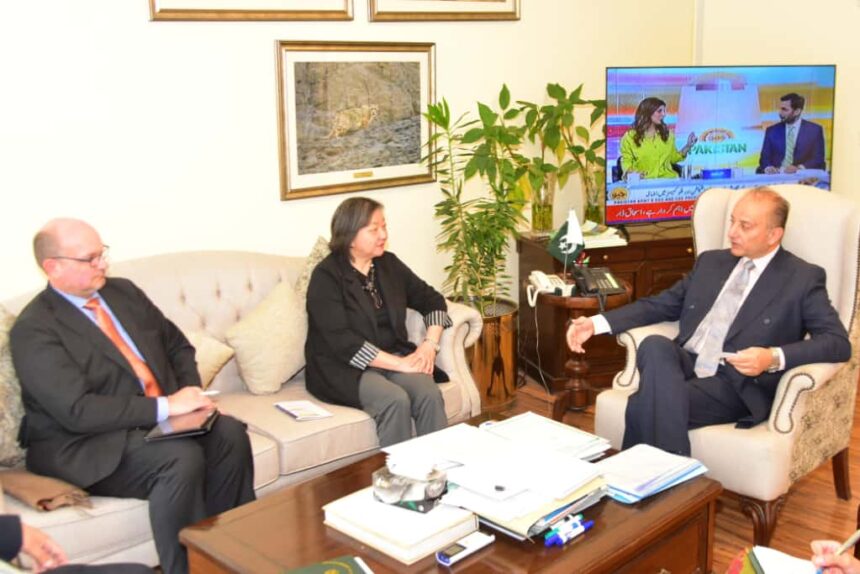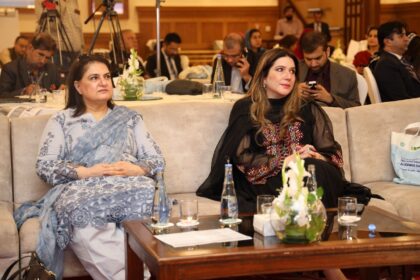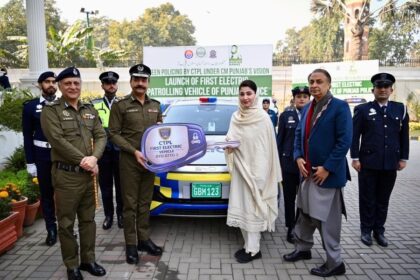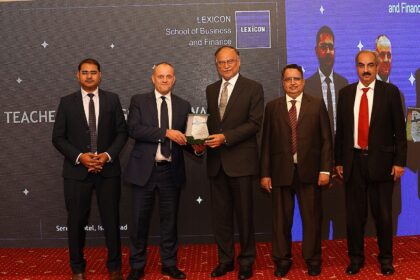Islamabad, November 12, 2025: Federal Minister for Climate Change and Environmental Coordination Senator Dr. Musadik Malik met with a World Bank delegation led by Ms. Melormaa Amgaabazar, Country Director for Pakistan, and Mr. Gallius Draugelis to discuss development alignment and macroeconomic pressures facing the country. The meeting emphasized practical steps to improve project delivery and strategic clarity in Pakistan’s development portfolio.
Dr. Malik highlighted that persistent tactical hurdles in project implementation create delays and reduce impact, underscoring the need for projects that combine scalability with cost efficiency. He warned that a pattern of high-budget, low-skill initiatives undermines long-term outcomes and called for stronger results orientation in future programming to ensure value for public funds.
The Minister also raised concerns about the diversion of development funds away from priority sectors. He noted that repurposing resources intended for education, population welfare, women empowerment and health produces systemic inefficiencies and weakens social outcomes, stressing that adherence to sectoral priorities is essential for sustainable progress.
The World Bank delegation reaffirmed its commitment to Pakistan and presented a 10-year Country Partnership Framework covering six strategic areas, including stunting reduction, climate resilience, private sector development, education, population management and energy sector reform. The delegation emphasized coordination mechanisms to support effective implementation across these priorities.
The Country Partnership Framework for FY26–FY35, described by the World Bank as the result of two years of consultations, was discussed in detail with both sides agreeing to strengthen coordination and oversight. Officials committed to aligning Bank support with Pakistan’s climate and development priorities while addressing macroeconomic and inflationary constraints together.
Both parties signaled a willingness to move from planning to scaled implementation and to focus World Bank Pakistan engagement on high-impact, sustainable interventions that deliver measurable benefits for communities across the country.











